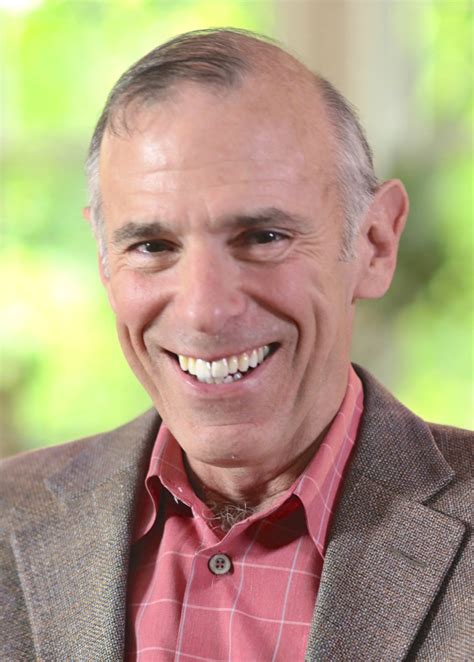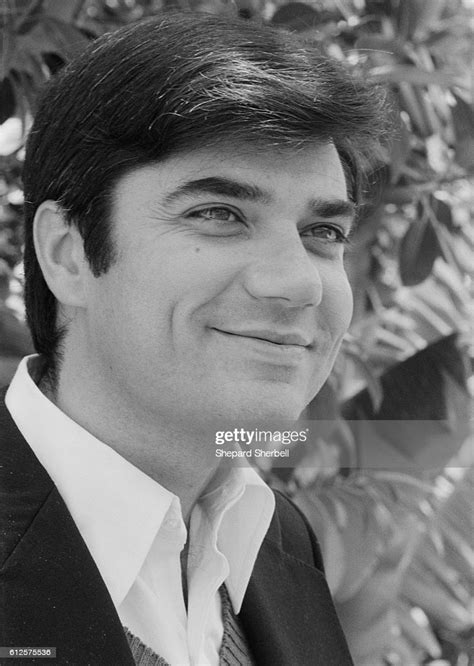A Quote by Ian Somerhalder
Collaboration - the ultimate intertwining of skills, passions, and knowledge - is what concocts the most shatterproof forms of changemaking.
Related Quotes
The point of college is more to acquire skills than to acquire domain knowledge. One of the skills that is going to be most necessary: you have to be able to read with rigor and write with clarity. You have to be able to communicate. To make an argument, whether it's in a written piece or in front of a group of people.
To know God and to find one's full satisfaction in that knowledge is the ultimate goal of Christian experience. The Lord's greatest delight comes when His people discover the ultimate value lies in the knowledge of God. Nothing in the material world can complete with the delights that are present in His Person.




































